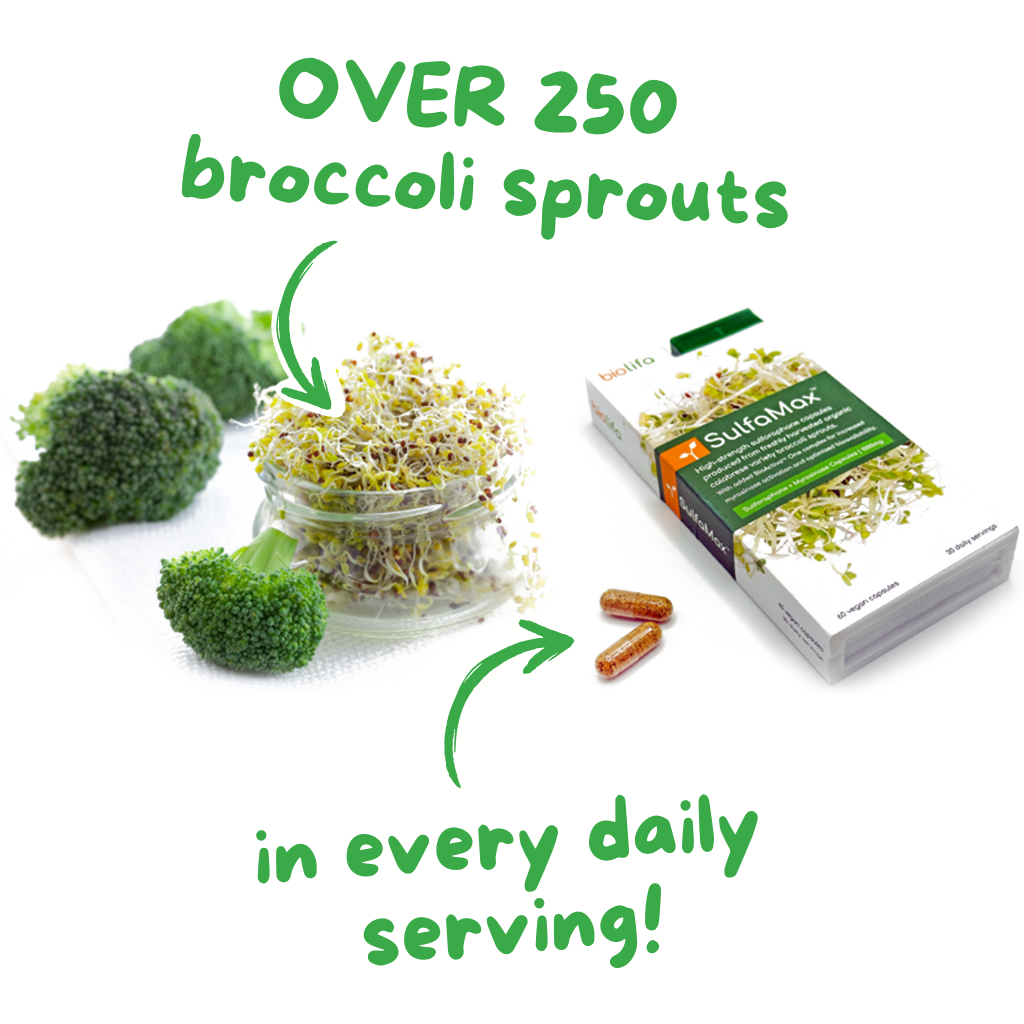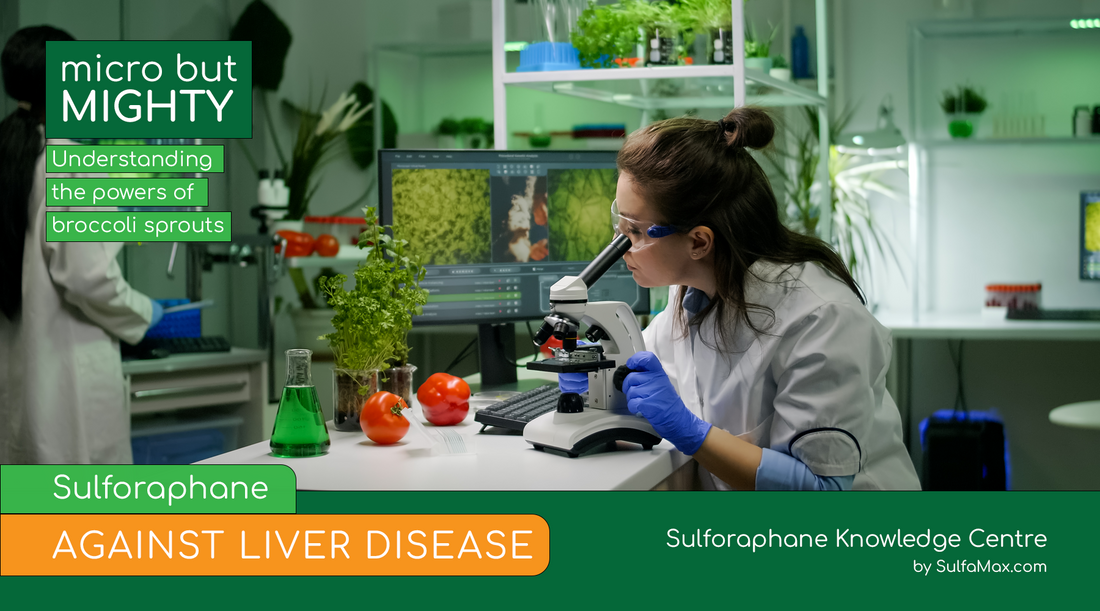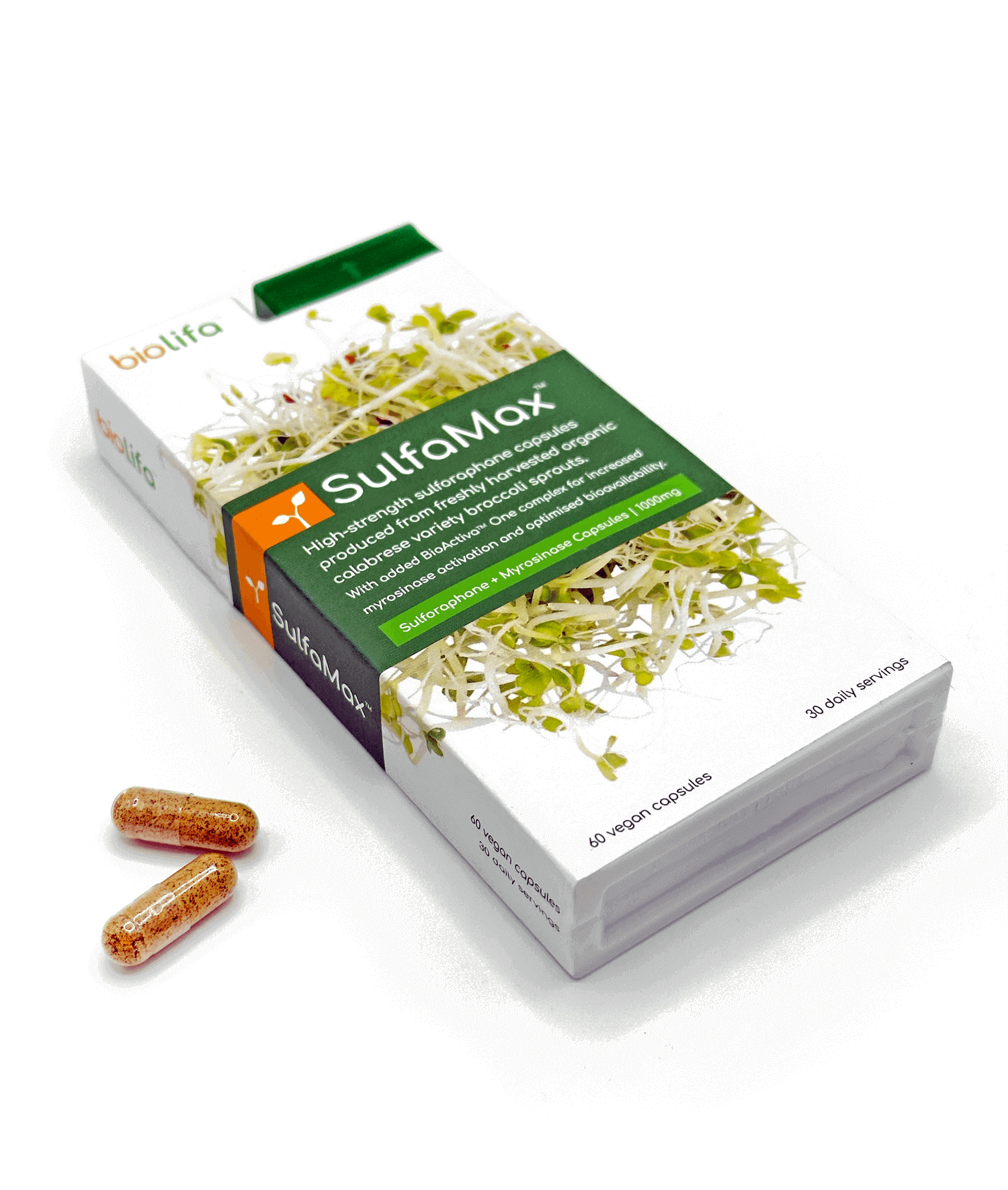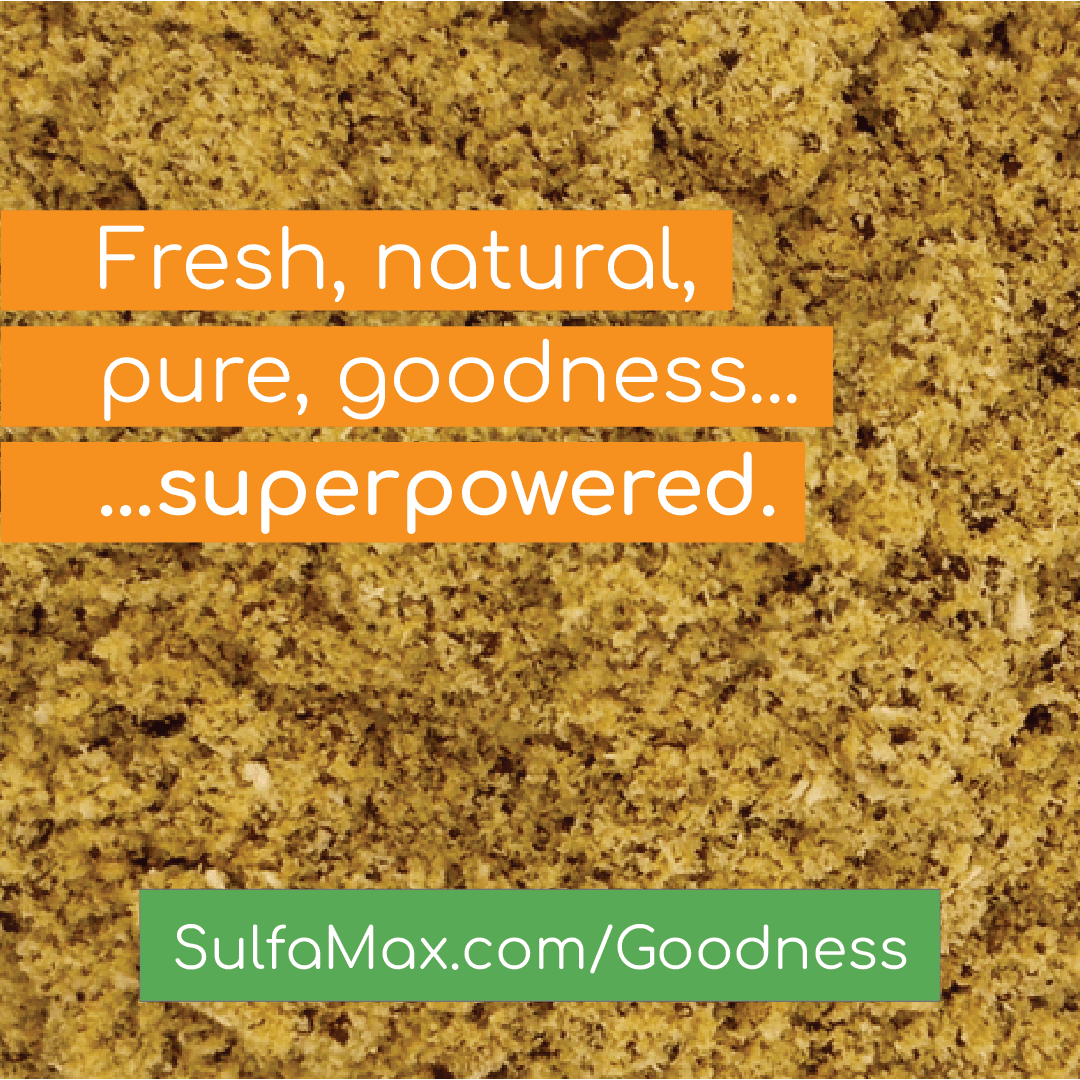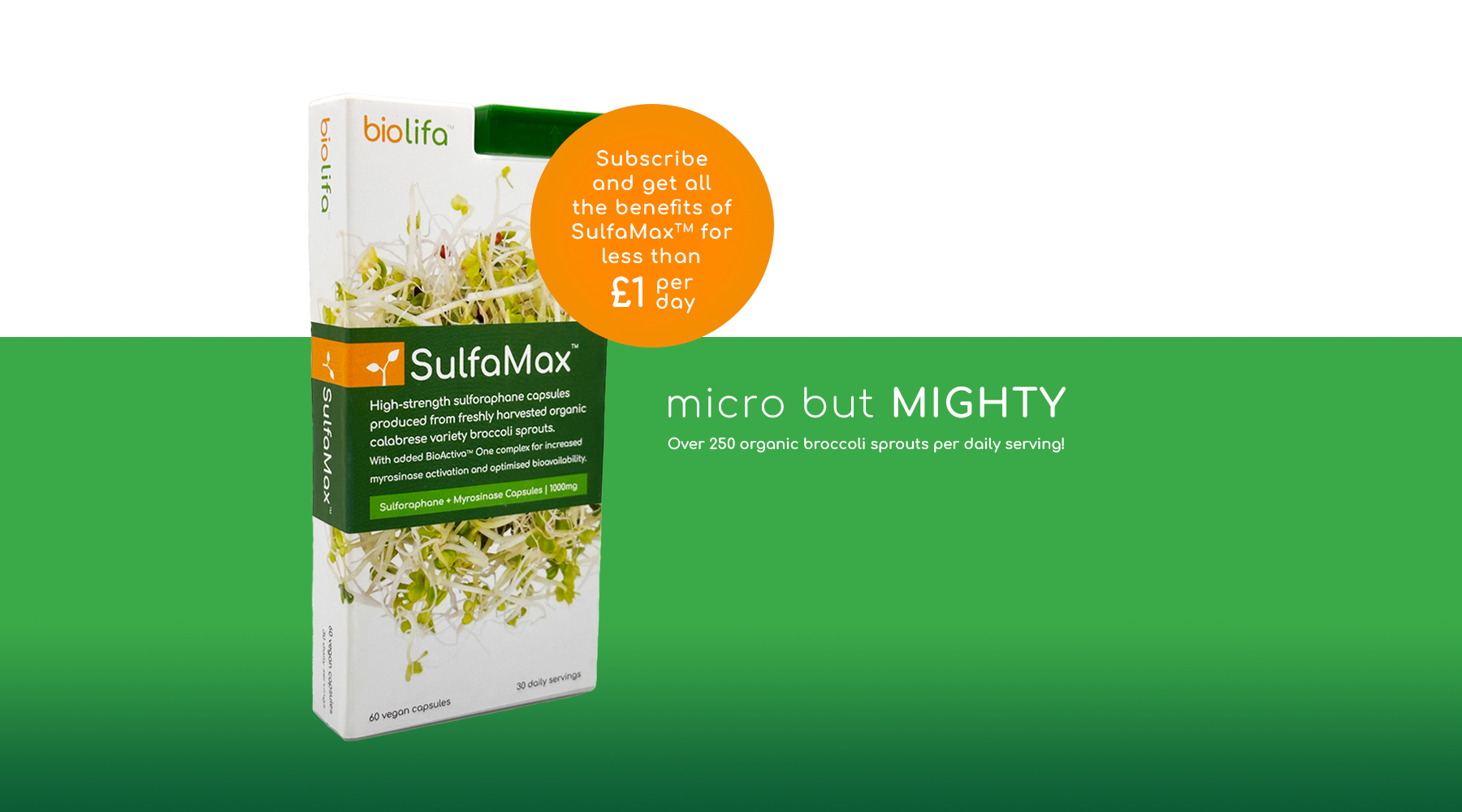The liver is one of the most vital organs in the human body, responsible for many functions, including filtering toxins from the blood, producing bile for digestion, and regulating blood sugar levels. However, various factors can cause liver damage, leading to liver disease. Fortunately, research suggests that sulforaphane, a natural compound found in cruciferous vegetables like broccoli and kale, may help fight liver disease.
Sulforaphane has potent antioxidant properties, which means it can help protect the liver from damage caused by free radicals. Free radicals are unstable molecules that can cause cellular damage and contribute to the development of liver disease.
By neutralising these harmful molecules, sulforaphane may help protect against oxidative stress, a significant contributor to liver disease. Furthermore, sulforaphane may also help prevent the accumulation of fat in the liver, a condition known as non-alcoholic fatty liver disease (NAFLD). NAFLD is a common condition that affects around 25% of the global population and can lead to more severe liver diseases such as cirrhosis and liver cancer. Studies have shown that sulforaphane can help reduce liver fat accumulation by regulating lipid metabolism and reducing inflammation.
A study published in the journal Hepatology found that sulforaphane supplementation reduced liver fat content in participants with NAFLD. Another study published in the journal Nutrition Research found that sulforaphane supplementation improved liver function and reduced inflammation in participants with NAFLD. Sulforaphane may also help protect against liver damage caused by alcohol consumption. Alcohol abuse can cause liver damage, including inflammation and scarring, which can progress to liver disease.
A study published in the journal Alcoholism: Clinical and Experimental Research found that sulforaphane reduced liver injury and inflammation in mice exposed to alcohol. Another study published in the journal Food & Function found that sulforaphane protected against alcohol-induced liver damage in rats. Moreover, sulforaphane may also help protect against liver cancer, a severe form of liver disease.
Liver cancer is the fourth most common cause of cancer-related deaths worldwide, and it's essential to take preventative measures to reduce the risk of developing the disease. Studies have shown that sulforaphane can inhibit the growth of liver cancer cells by inducing cell death and reducing the formation of new blood vessels that supply nutrients to cancer cells. A study published in the journal Oncotarget found that sulforaphane inhibited the growth of liver cancer cells in vitro and in vivo. In addition to its direct effects on liver health, sulforaphane may also have indirect effects on liver disease prevention.
For example, sulforaphane can help improve insulin sensitivity, which can reduce the risk of developing type 2 diabetes, a significant risk factor for NAFLD and other liver diseases. A study published in the journal Nutrients found that sulforaphane supplementation improved insulin sensitivity in overweight adults. Furthermore, sulforaphane may also help reduce inflammation throughout the body, including in the liver. Chronic inflammation is a significant contributor to the development of liver disease, and reducing inflammation can help prevent the progression of the disease.
A study published in the journal Cancer Prevention Research found that sulforaphane reduced inflammation in the livers of mice exposed to a liver carcinogen. Finally, it's worth noting that the effects of sulforaphane on liver health may vary depending on the dose and duration of supplementation.
More research is needed to determine the optimal dose and duration of sulforaphane supplementation for liver disease prevention and treatment. Sulforaphane may have several beneficial effects on liver health, including reducing liver fat accumulation, protecting against liver damage caused by alcohol consumption, and inhibiting the growth of liver cancer cells.
Additionally, sulforaphane's ability to improve insulin sensitivity and reduce inflammation may also indirectly contribute to liver disease prevention. The best way to consume sulforaphane is through consuming cruciferous vegetables such as broccoli, kale, and Brussels sprouts.
However, sulforaphane is highly unstable and can be easily destroyed by cooking or processing. Therefore, it's recommended to consume cruciferous vegetables raw or lightly steamed to preserve their sulforaphane content. Supplementation with sulforaphane supplements is also an option for those who struggle to consume enough cruciferous vegetables. However, it's essential to choose high-quality supplements from reputable manufacturers to ensure the sulforaphane's potency and purity.
It's worth noting that while sulforaphane shows promise in preventing and treating liver disease, it's not a magic cure. Maintaining a healthy lifestyle, including eating a balanced diet, getting regular exercise, avoiding alcohol abuse, and managing chronic conditions such as diabetes, is still crucial for liver health.
In conclusion, sulforaphane, a natural compound found in cruciferous vegetables, has potent antioxidant and anti-inflammatory properties that may help protect against liver damage and prevent liver disease.
Studies suggest that sulforaphane can reduce liver fat accumulation, protect against alcohol-induced liver damage, inhibit the growth of liver cancer cells, and reduce inflammation in the liver. Incorporating cruciferous vegetables into your diet and considering supplementation with sulforaphane supplements may be an effective way to support liver health.
However, it's essential to maintain a healthy lifestyle and consult with a healthcare professional before making any significant changes to your diet or supplement regimen.
